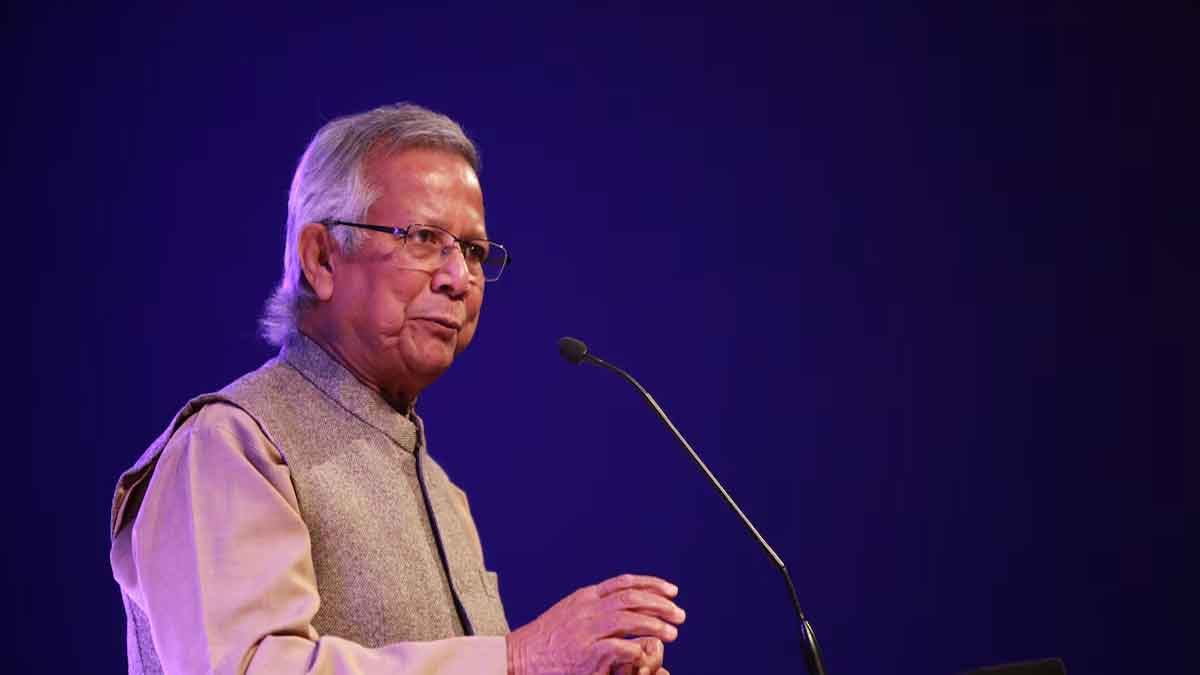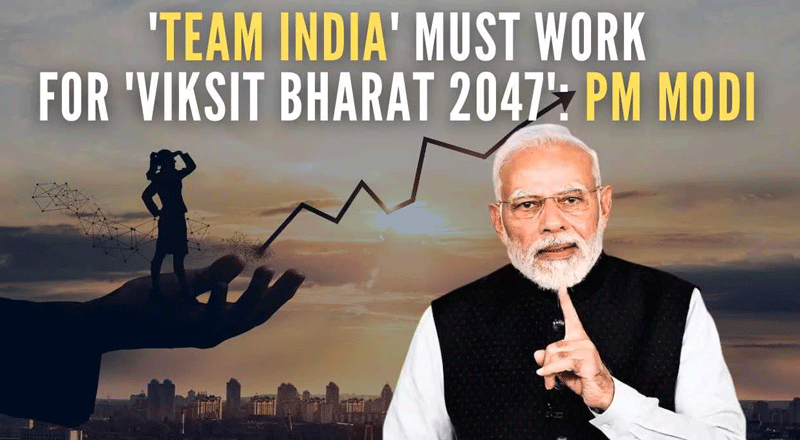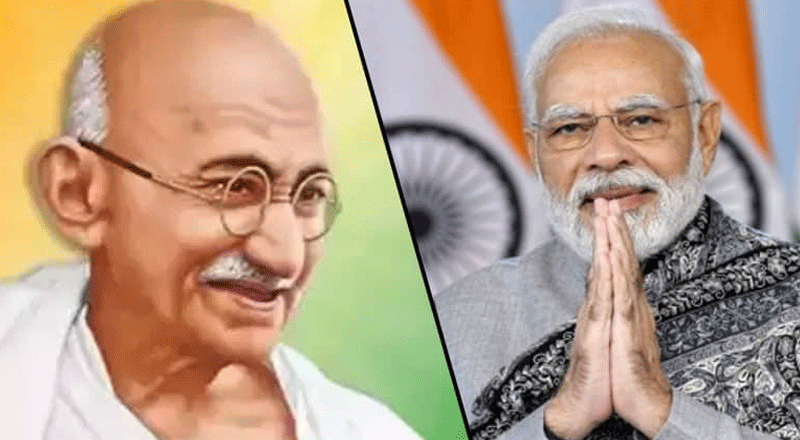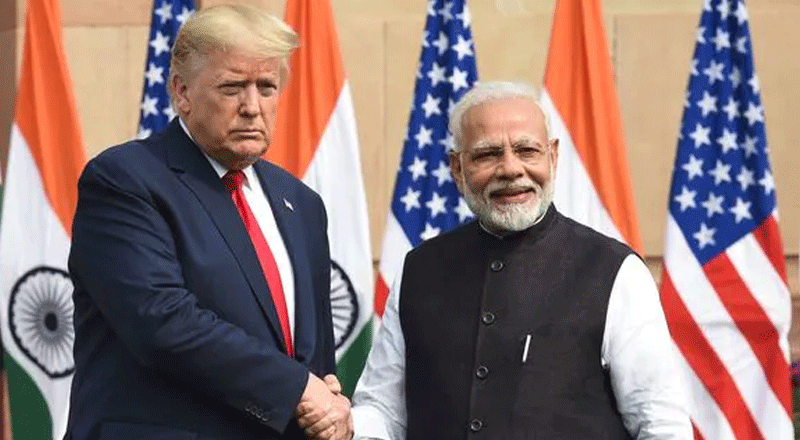A New Era Begins Amidst Political and Economic Uncertainty
As Nobel Laureate and microfinance pioneer Muhammad Yunus prepares to return to Bangladesh from Paris to assume the role of interim Prime Minister, he steps into a landscape fraught with significant challenges. Yunus’s appointment follows a dramatic upheaval that saw the removal of former Prime Minister Sheikh Hasina after widespread protests and political turmoil. With his new role comes a daunting array of issues that Yunus and his interim government must address.
Military Influence and Its Implications
The interim government, while civilian-led, will have to navigate the complexities of military involvement in politics. Michael Kugelman, director of the South Asia Institute at the Wilson Center, notes that while the military will not formally lead the government, its influence will be substantial. The military’s decision not to suppress protests with force was crucial in Hasina’s downfall. This shift in the military’s stance indicates a potential realignment of its political role.
Despite this, there is concern that a prolonged interim period could give the military more influence. Kugelman suggests that the military today is less inclined towards active political engagement compared to past decades, but the current situation may still provide opportunities for increased military involvement in political affairs.
Addressing Security and Violence
The recent unrest in Bangladesh has been marked by severe violence, resulting in over 400 deaths and a wave of retaliatory attacks. The ousting of Sheikh Hasina has led to reports of mobs targeting her allies and violence against minorities, particularly Hindus, who are perceived as supporters of her party.
Smriti Singh from Amnesty International emphasizes that protecting citizens’ rights and ensuring safety should be the interim government’s top priorities. The ability to manage and de-escalate violence will be crucial. Political scientist Ali Riaz suggests that if the security forces can back a government that shows neutrality, the situation may stabilize. However, police unions have gone on strike, demanding better protection for officers, highlighting the urgent need for security reforms.
Economic Challenges and Industry Impact
Bangladesh’s economy has shown remarkable growth, surpassing India in per capita income in 2021. Yet, this growth has not been evenly distributed. Government statistics from 2022 reveal that 18 million young people aged 15 to 24 are unemployed, reflecting the disparities in economic benefits.
The unrest has severely disrupted the garment industry, which is vital to Bangladesh’s economy. The closure of factories during the violence has affected the sector, responsible for around 85 percent of the country’s $55 billion in annual exports. Major global brands such as Levi’s, Zara, and H&M source from Bangladesh, and some manufacturers have already shifted production to other countries due to the instability.
Electoral Reforms and Democratic Legitimacy
The protest movement that led to Hasina’s ousting was fueled by frustration over the lack of competitive elections. Hasina’s recent victory in January was marred by allegations of electoral fraud and the absence of a credible opposition. Thomas Kean of the International Crisis Group points out that the lack of competitive elections for 15 years contributed significantly to the unrest. Yunus’s interim government will need to address these concerns and work towards democratic reforms to restore public trust and legitimacy.
Pursuing Justice and Reconciliation
The interim government faces the task of managing the aftermath of recent protests and the associated violence. The current security forces, which include the army and police, are under scrutiny for their handling of the situation. The sacking of the police chief and a top general indicates efforts to address accountability, but there is significant public pressure for a thorough investigation into recent events.
Many protesters and political observers demand that Hasina and her allies face justice. Kean suggests that the interim authorities must conduct a credible investigation into the violence and address grievances to ensure reconciliation and stability.
As Yunus prepares to lead Bangladesh through this transitional period, his ability to effectively address these multifaceted challenges will be critical. Balancing military influence, restoring security, stabilizing the economy, implementing electoral reforms, and ensuring justice will define his tenure as interim Prime Minister. The path forward will require deft leadership and a commitment to navigating the complex political and economic landscape of Bangladesh.
(With inputs from agencies)





